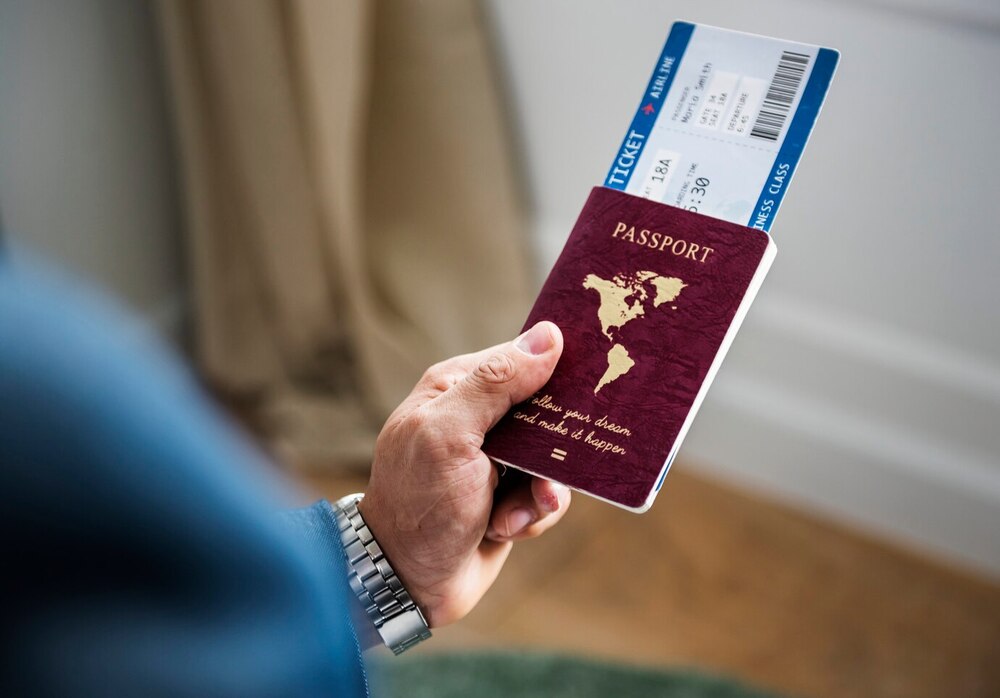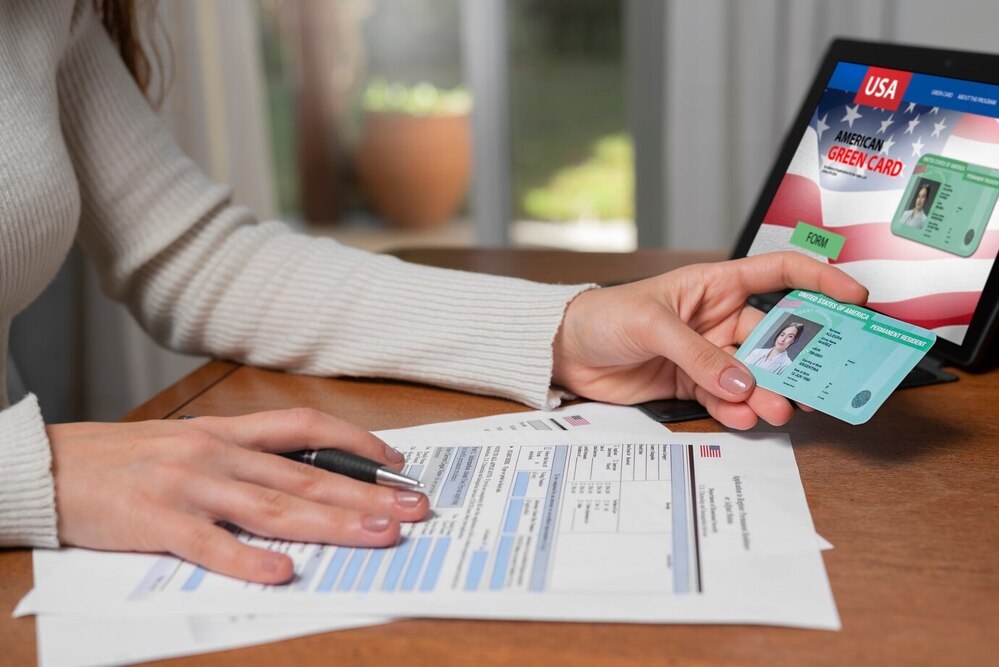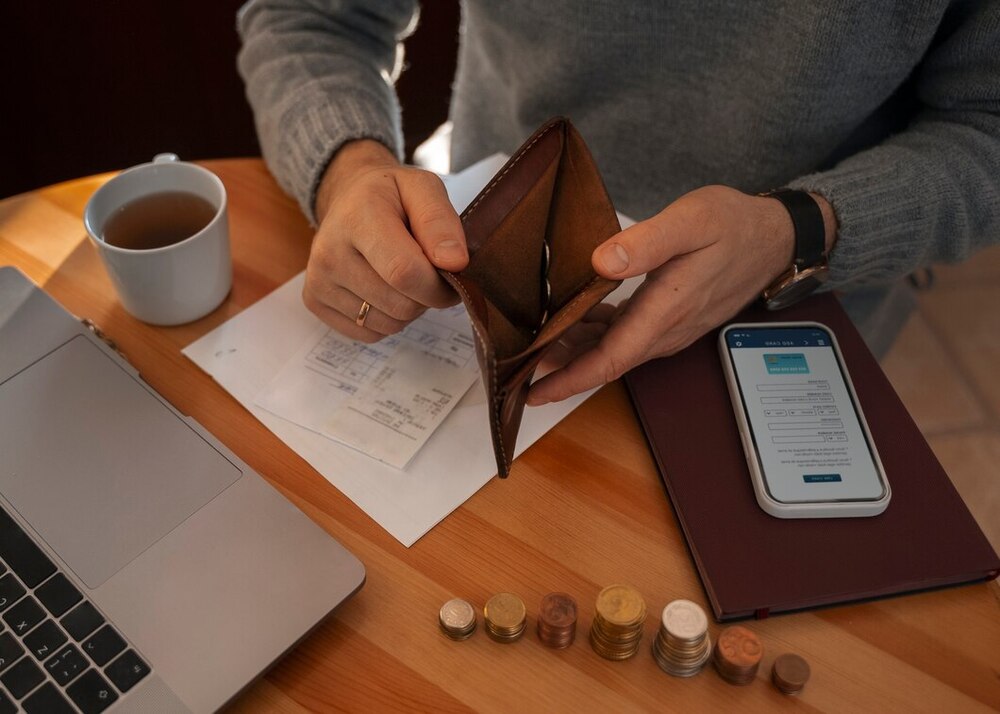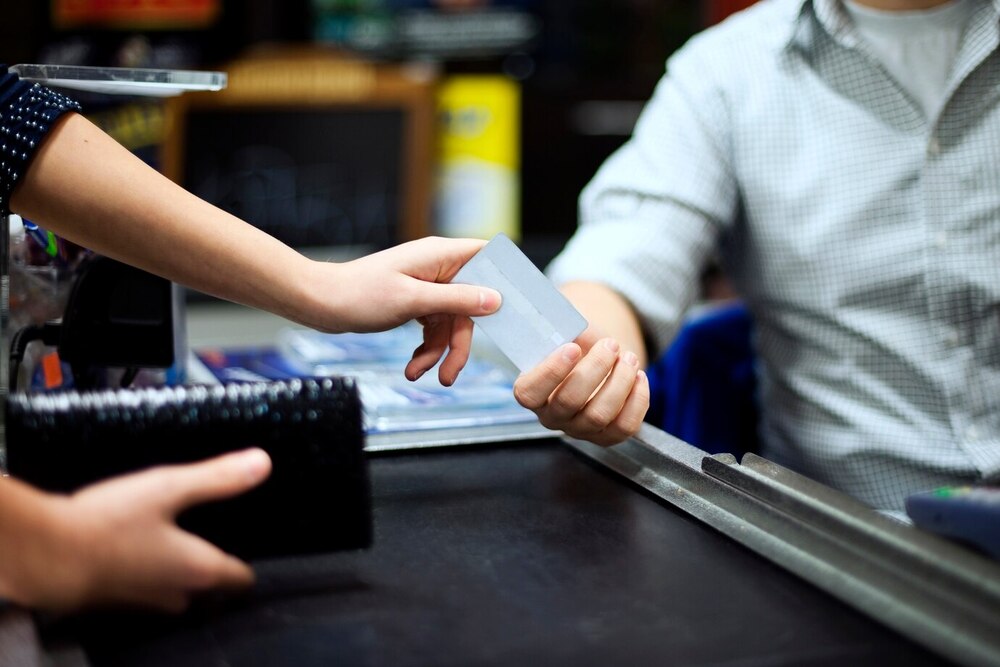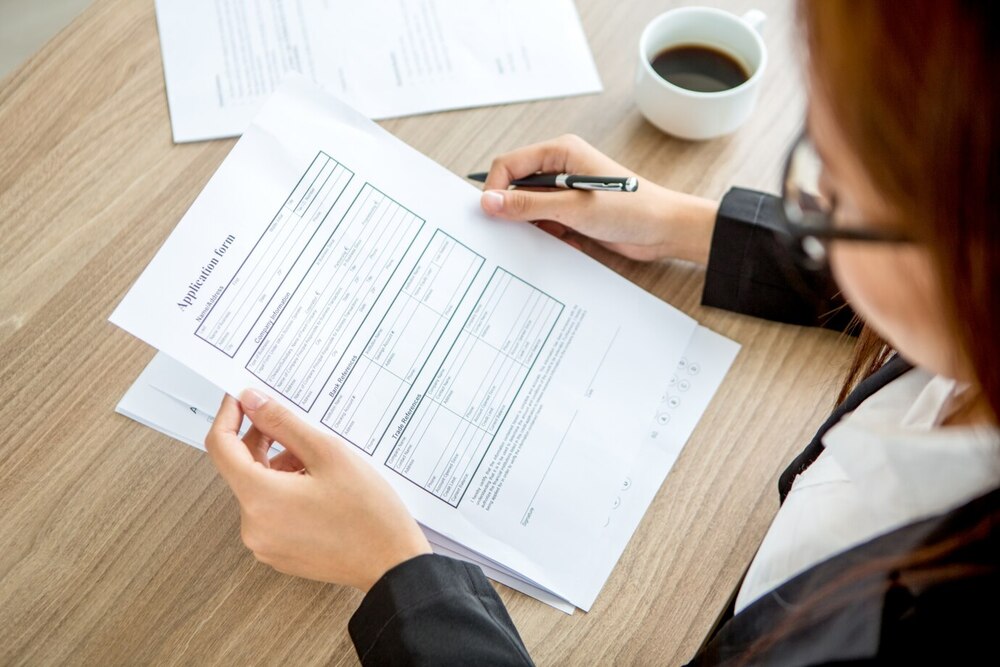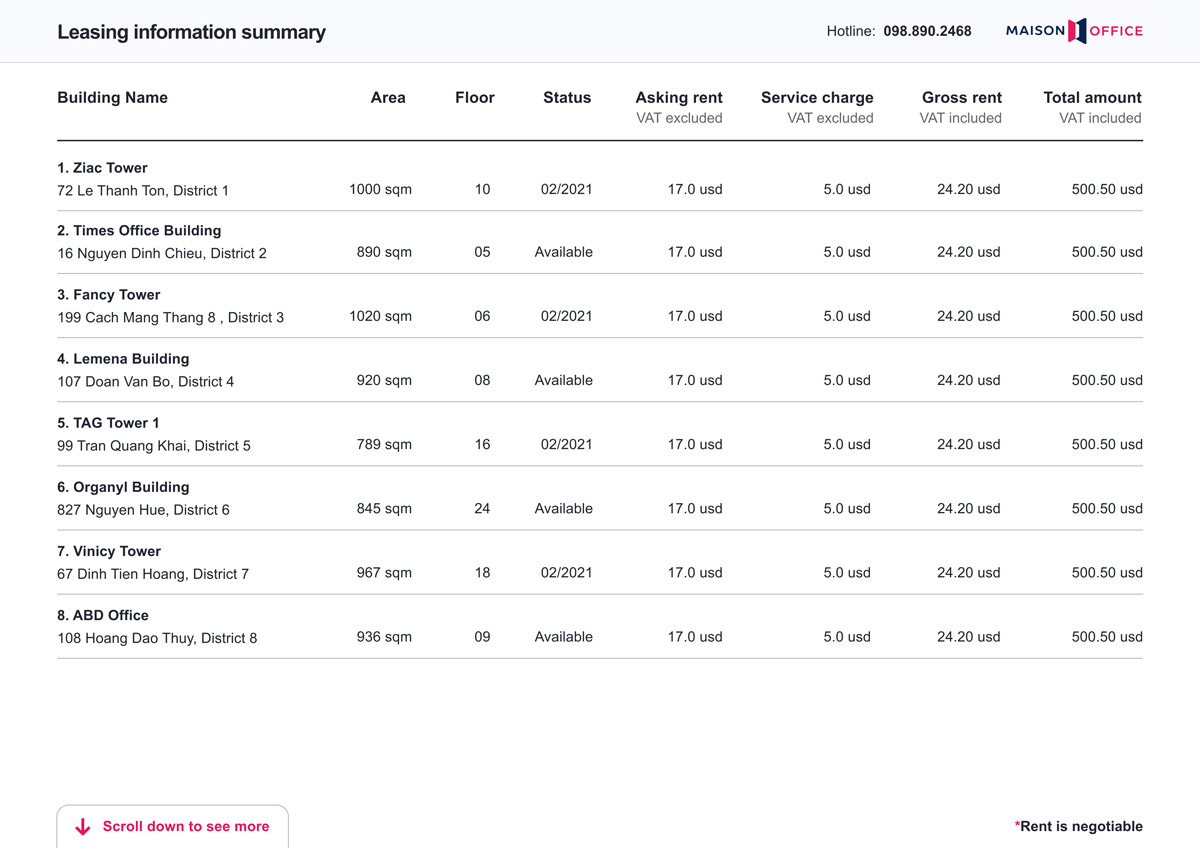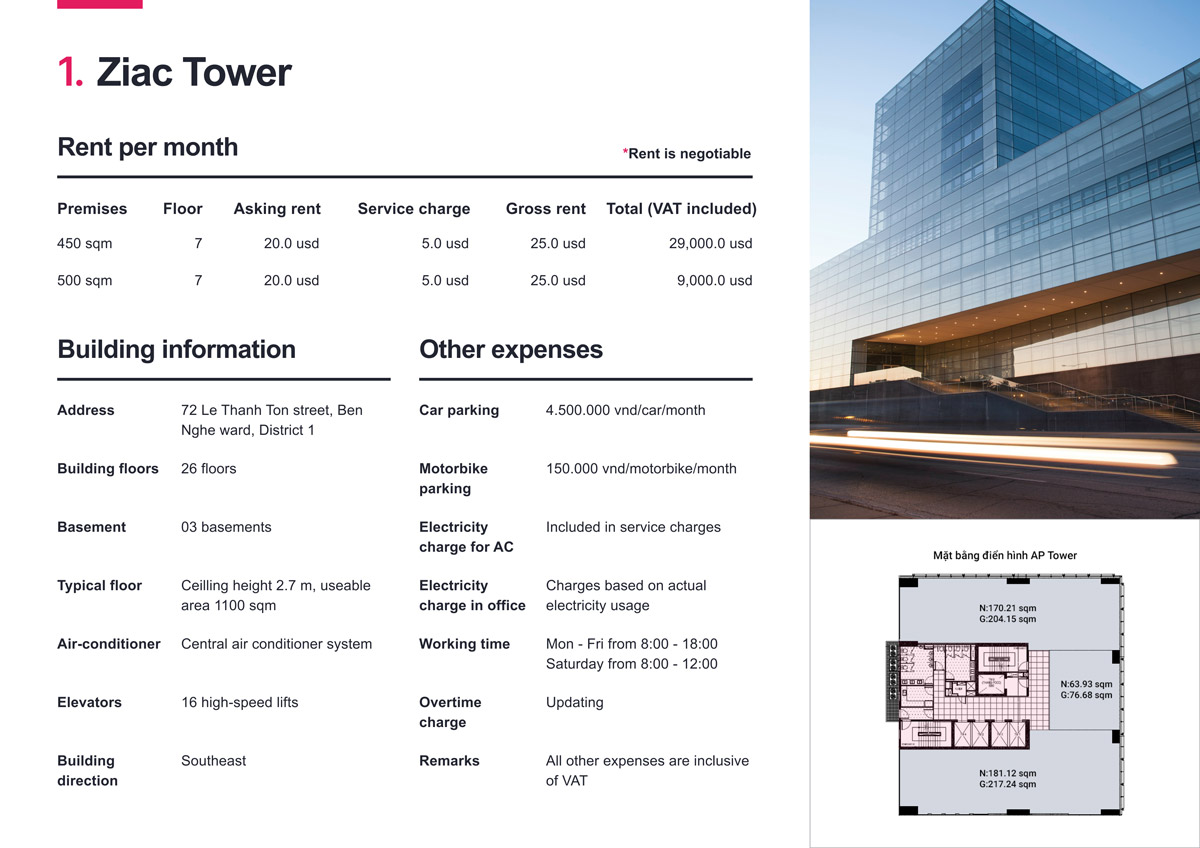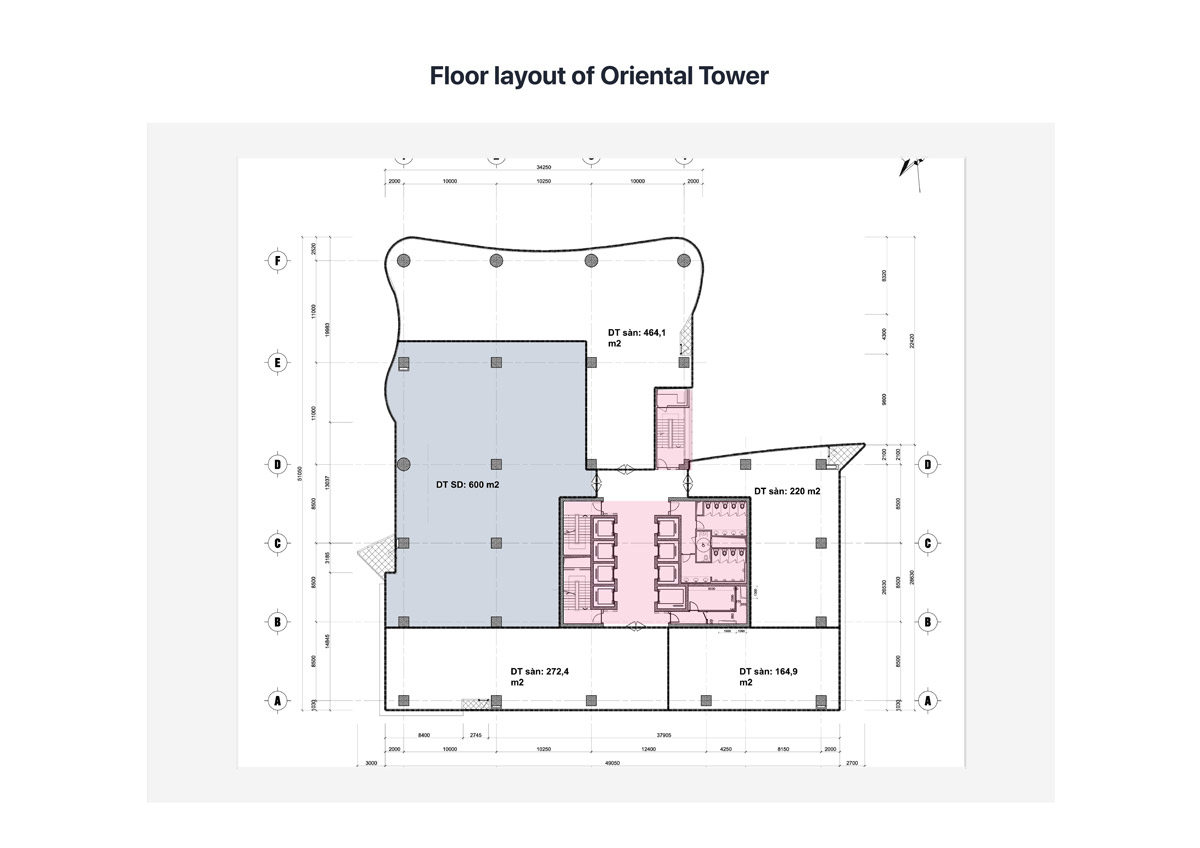How to Open a Bank Account in Vietnam as a Foreigner

If you’re planning to live, work, or do business in Vietnam, opening a local bank account is essential. It helps you receive payments, transfer funds, and manage everyday expenses with ease. While the process may seem complex at first, it’s straightforward once you understand the requirements. This guide breaks down how to open a bank account in Vietnam as a foreigner, step by step.
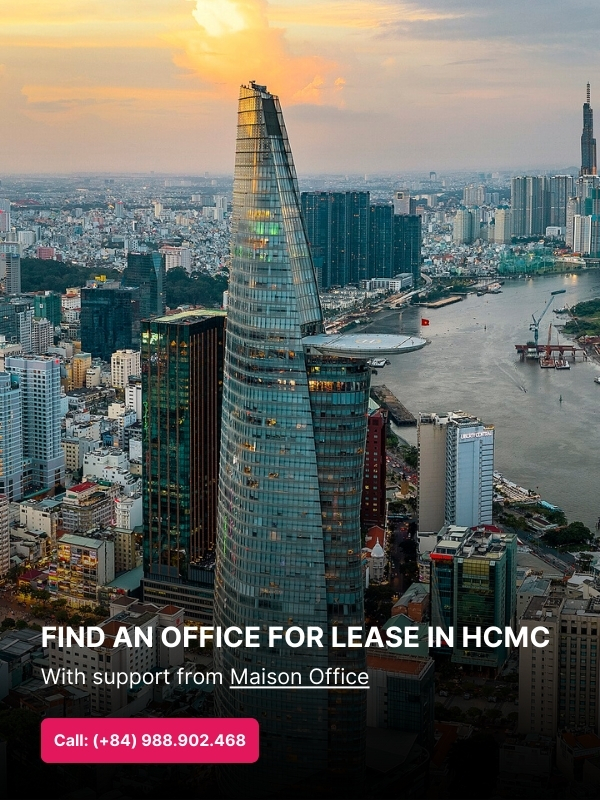 |
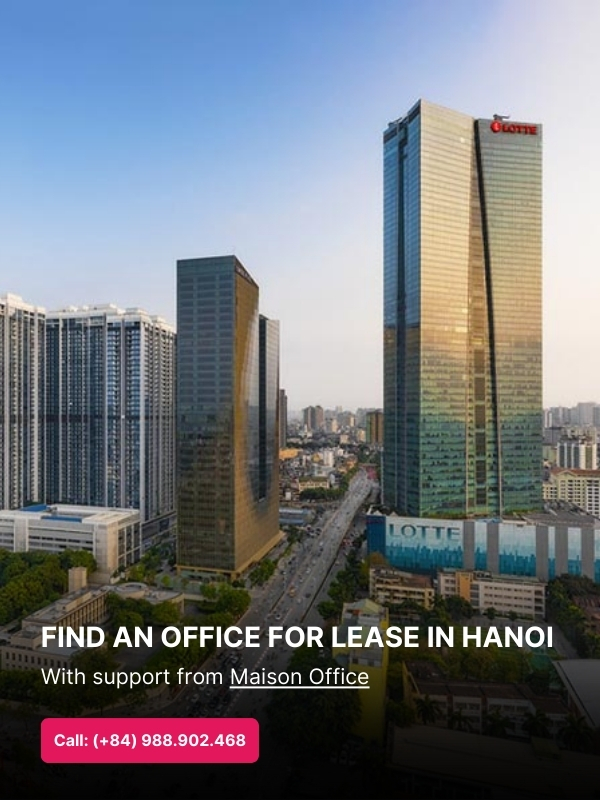 |
Table of Contents
The basic requirements for opening a bank account in Vietnam
For foreigners and businesses looking to open a bank account in Vietnam, understanding the basic requirements is the first step to getting started in this dynamic market. Whether you’re an expat needing a personal account or a company setting up operations, knowing how to open a bank account in Vietnam ensures a smooth process with local and international banks like Vietcombank, HSBC, or Wise.
To open a bank account in Vietnam, foreigners must meet certain eligibility criteria and prepare specific documents, depending on the bank and account type. Fortunately, the process is relatively straightforward for most expats and foreign investors:
- A valid passport with a Vietnamese visa (tourist, business, or work visa)
- A completed application form from the bank
- Proof of address or residence in Vietnam (hotel booking, lease agreement, or residence certificate)
- In some cases, proof of employment or a work permit
- An initial deposit, usually ranging from VND 500,000 to VND 3,000,000
While learning how to open a bank account in Vietnam, it’s important to note that requirements may vary slightly across banks. Some international banks may ask for a Temporary Residence Card, especially if you want to link debit cards or enable online transfers.
Passport is one of the necessary requirements when foreigners open a bank account
Types of bank accounts available in Vietnam
When looking to open a bank account in Vietnam, it’s important to understand the types of accounts available to foreigners. Whether you’re staying in Vietnam short-term or managing long-term business operations, choosing the right account type ensures smoother financial transactions and full legal compliance.
Personal bank accounts
For most expats, travelers, or foreign professionals, a personal bank account is the first and most practical option when looking to open a bank account in Vietnam. These accounts allow users to manage daily expenses, receive salaries, transfer money, and pay bills within the country or internationally.
There are two main types of personal bank accounts available:
- Current accounts: Designed for frequent transactions. These accounts typically come with ATM/debit cards, mobile banking access, and are ideal for everyday use.
- Savings accounts: Intended for storing money and earning interest. They offer higher interest rates but may have restrictions on withdrawals or require a minimum balance.
When learning how to open a bank account in Vietnam, foreigners should note that some banks may request additional documents such as a temporary residence card or proof of local address, especially for online banking or international transfers.
For expats and foreign professionals, a personal bank account is the easiest way to manage finances in Vietnam
Business bank accounts
A business bank account is essential for any foreign-owned enterprise, representative office, or FDI company operating in Vietnam. It serves as the official financial channel for receiving capital contributions, making payments, handling payroll, and managing tax obligations. Opening this account is often a mandatory step in the company registration process.
When planning how to open a bank account in Vietnam for business purposes, foreign investors must typically prepare:
- The company’s Enterprise Registration Certificate (ERC)
- The Investment Registration Certificate (IRC) for FDI entities
- A company charter
- Legal representative’s passport and visa
- A business seal (if applicable)
Depending on the account’s function, businesses may open:
- Capital accounts: For receiving foreign-invested capital (USD, EUR, etc.)
- Operating accounts: For VND-based transactions like vendor payments, staff salaries, and taxes
For any Vietnam bank account for foreigners in a business context, it’s crucial to maintain clear documentation and meet anti-money laundering (AML) compliance standards set by local regulators.
A business bank account is a must for any foreign-owned company in Vietnam
Foreign currency accounts
For foreigners and foreign-invested businesses operating in Vietnam, foreign currency accounts offer flexibility in managing funds in USD, EUR, JPY, and other major currencies. These accounts are especially useful for capital contributions, international payments, or holding funds in non-VND denominations.
When planning to open a bank account in Vietnam, it’s important to know that:
- Capital accounts for FDI companies must be opened in the currency of the investment (often USD or EUR).
- Personal foreign currency accounts can be opened by foreigners with valid identification and visa/residency documents.
- Due to regulations, interest is not paid on most foreign currency deposits for individuals.
- Cash deposits in foreign currencies may be restricted without proper documentation, such as a currency import declaration or labor contract.
If you’re researching how to open a bank account in Vietnam for foreign currency use, consult with the bank beforehand to clarify limits, documentation, and available services. A Vietnam bank account for foreigners in foreign currency can streamline cross-border transactions, but must comply with Vietnam’s strict foreign exchange controls.
Foreign currency are ideal for capital contributions and international transactions
Time Deposit (Fixed Deposit) Accounts
Time deposit accounts – also known as fixed deposit accounts – are a popular option for individuals and businesses looking to earn higher interest rates on idle funds. These accounts require the depositor to lock in a fixed amount for a specified term, ranging from 1 to 36 months, in exchange for guaranteed returns.
Foreigners looking to open a bank account in Vietnam for savings purposes can choose this option if they meet the bank’s residency and documentation requirements. VND time deposits typically offer competitive interest rates, while foreign currency deposits (e.g. USD, EUR) are non-interest-bearing due to State Bank of Vietnam regulations.
Key features of time deposit accounts include:
- Fixed terms with options from 1, 3, 6, 12, or 24 months
- Higher interest than regular savings accounts
- Early withdrawals may result in reduced or forfeited interest
When exploring how to open a bank account in Vietnam, consider a fixed deposit if you don’t need immediate access to your funds and want better returns. A Vietnam bank account for foreigners with a time deposit structure is ideal for expats or investors planning to reside or operate in Vietnam long-term.
Time deposit (fixed deposit) accounts are great for those wanting better returns on unused funds
Offshore bank accounts in Vietnam
While Vietnam does not allow individuals or businesses to open traditional offshore bank accounts within its borders, certain licensed foreign banks operating in Vietnam may offer services that support offshore transactions, cross-border banking, and multi-currency management.
For foreigners or multinational companies looking to open a bank account in Vietnam with offshore capabilities, the typical approach is to:
- Open a foreign currency account or capital account through an international bank branch (e.g., HSBC, Standard Chartered);
- Ensure that the bank provides international transfer features, SWIFT access, and foreign remittance services;
- Maintain compliance with Vietnam’s foreign exchange regulations, which limit unauthorized outward transfers.
While Vietnam’s financial system prioritizes transparency and capital control, certain banks may allow structured solutions that meet offshore banking needs – especially for Vietnam bank account for foreigners managing global operations.
Step-by-step process to open a bank account in Vietnam
Opening a bank account as a foreigner in Vietnam is relatively straightforward – especially if you prepare the right documents and choose a bank experienced in serving expats. Whether for personal or business use, this step-by-step guide will help you understand how to open a bank account in Vietnam efficiently.
Step 1: Choose a Suitable Bank
The first step to open a bank account in Vietnam is selecting the right banking institution based on your needs as a foreigner. Vietnam has a wide range of options, from large local banks to international banks with branches nationwide.
Choosing the right bank is a very important step
When deciding how to open a bank account in Vietnam, consider key factors such as:
- Language support and ease of communication
- ATM and branch availability near your location
- Online banking features
- Reputation for serving foreigners
- Minimum deposit and monthly maintenance fees
Local banks such as Vietcombank, BIDV, Techcombank or international banks such as HSBC, Standard Chartered, UOB all have their own advantages and disadvantages so you should consider before choosing.
| Bank Type | Examples | Advantages | Considerations |
| Local Banks |
Vietcombank, BIDV, Techcombank |
Wide branch & ATM network | Limited English support |
| Lower service fees | More paperwork for foreigners | ||
| International Banks |
HSBC, Standard Chartered, UOB |
English-speaking staff | Higher minimum deposit |
| Limited branches outside major cities | Strong expat support |
Step 2: Prepare Required Documents
Before you head to the bank, preparing the correct documents is essential to successfully open a bank account in Vietnam. Document requirements may vary slightly depending on the bank and the type of account, but the core paperwork is generally consistent across institutions.
For most Vietnam bank accounts for foreigners, you will need prepare this document checklist:
| Document | Purpose | Required for | Notes |
| Passport (valid ≥ 6 months) | Identity verification | All account types | Must be original + copy |
| Valid visa (tourist, business, work) | Proof of legal entry and stay in Vietnam | All account types | Visa type may impact bank’s approval |
| Proof of address in Vietnam | Confirms residency (even temporary) | Personal & business accounts | Hotel booking, lease, or residence certificate accepted |
| Temporary Residence Card (TRC) | Verifies long-term stay, needed for full banking access | Often required for expats | Especially for internet banking or linking cards |
| Employment contract or work permit | Confirms local employment or business activity | Payroll & business accounts | Mandatory for salary accounts or company-linked accounts |
| Initial deposit | Activates the account | All account types | Usually from VND 500,000 to 300,000 |
Step 3: Visit the Bank Branch
Once your documents are ready, the next step to open a bank account in Vietnam is to visit the bank branch in person. Most banks require foreigners to be physically present to verify identity, sign documents, and complete the onboarding process.
With your documents in hand, the next step is visiting the bank in person
While some international banks may allow online appointment booking, in-person verification remains mandatory for first-time applicants – especially for a Vietnam bank account for foreigners.
Below are the things to do during the visit:
| Task/Step | Description | Applies to | Notes |
| Document Verification | Bank staff will check passport, visa, TRC, and other required documents | All account types | Bring originals + photocopies |
| Complete application form | You will fill out and sign the official account opening form | All applicants | Form available in English at some banks |
| Purpose of account | You may be asked about account usage (salary, savings, business, etc.) | Especially business & salary accounts | Answer clearly to ensure compliance |
| Initial deposit | You must deposit funds to activate the account | All account types | Typically from VND 500,000 to 3,000,000 |
| Receive account/card information | Account number is issued; debit card may be printed or mailed | Personal & business accounts | Internet/mobile banking setup may be done during the visit |
| Estimated processing time | 30–60 minutes if documents are complete | All applicants | May take longer at local banks with limited English support |
Step 4: Fill Out Application Forms
After your documents are verified, you need complete the required application forms provided by the bank. These forms are typically short and straightforward but must be filled out accurately to avoid delays or rejections.
Once your documents are checked, just fill out the bank’s application form
What’s included in the form:
- Full legal name (matching passport)
- Nationality and visa details
- Contact information in Vietnam
- Type of account (current, savings, business, foreign currency, etc.)
- Purpose of account (e.g., salary receipt, personal savings, business transactions)
- Signature for account verification
For foreigners, many banks – especially international ones – offer bilingual forms in English and Vietnamese to simplify the process. Some also provide in-branch assistance to ensure all information complies with Vietnam bank account for foreigners regulations.
If you’re still exploring , this is a step where accuracy matters.how to open a bank account in Vietnam. You should also preview a sample form online (if available) and pre-fill your information to speed up the in-branch process.
Step 5: Make an Initial Deposit
Once your application is complete, the final step to open a bank account in Vietnam is to make an initial deposit. This activates the account and enables access to banking services like ATM cards, internet banking, and mobile apps.
Typical deposit amounts:
- Personal accounts: VND 500,000 – 3,000,000
- Business accounts: May require higher minimums, depending on the bank and account type
- Foreign currency accounts: Deposits must be in the declared currency (e.g., USD or EUR), but interest may not apply
If you’re opening a Vietnam bank account for foreigners, be aware that:
- Cash deposits in foreign currency may require a customs declaration form if brought into Vietnam physically.
- Some banks may restrict foreign currency deposits unless tied to capital contributions or official business activities.
- Most VND accounts are eligible for interest if held in savings or fixed deposit formats.
Below is the table comparing the minimum deposit between account types:
| Account Type | Minimum initial deposit | Currency | Notes |
| Personal Current Account | VND 500,000 – VND 3,000,000 | VND | Varies by bank; used for daily transactions |
| Savings Account | VND 1,000,000 – VND 5,000,000 | VND | Earns interest; early withdrawals may reduce benefits |
| Fixed Deposit Account | VND 5,000,000 or equivalent in USD | VND / USD / EUR | Higher returns; requires fixed-term commitment |
| Foreign Currency Account | USD 100 – USD 500 | USD / EUR / other | Typically no interest; strict currency declaration rules apply |
| Business Bank Account | VND 3,000,000 – VND 10,000,000 | VND (or USD for capital accounts) | May differ by bank and legal entity type |
Step 6: Activate Online Banking (Optional)
After successfully opening your account, most banks in Vietnam offer the option to activate internet and mobile banking services. While this step is optional, it is highly recommended—especially for foreigners who want to manage their Vietnam bank account efficiently without visiting the branch.
To activate online banking, you typically need to:
- Register during the account opening process or request activation at a later time
- Provide your local phone number and email address for verification
- Set up login credentials and confirm via SMS or bank-provided token device
Online banking allows you to:
- Check balances and transaction history
- Transfer money within Vietnam or internationally
- Pay bills, top up mobile phones, or schedule recurring payments
- Manage your foreign currency balances if applicable
When researching how to open a bank account in Vietnam, ask whether your chosen bank supports mobile apps with English-language interfaces – especially useful for managing a Vietnam bank account for foreigners on the go.
Banking Fees and Charges in Vietnam
Before you open a bank account in Vietnam, it’s essential to understand the typical banking fees and charges you may incur. While most Vietnamese banks offer affordable services, fees can vary depending on the bank, account type, and whether you’re a resident or foreign national.
Here are some common charges associated with a Vietnam bank account for foreigners:
| Fee Type | Estimated Range | Applies to | Notes |
| Account maintenance fee | VND 10,000 – 30,000/month | Personal & business accounts | Often waived for premium accounts |
| ATM withdrawal fee | VND 0 – 11,000 per transaction | All account holders | Free at same-bank ATMs; charged at other banks |
| International transfer | 0.1% – 0.3% of amount (min USD 5–10) | Foreign currency transfers | May include additional SWIFT fees |
| Currency conversion fee | 2% – 4% | Transactions in non-account currency | Applies when spending foreign currency from a VND account |
| SMS banking fee | VND 8,000 – 15,000/month | Optional service | Charges apply for balance & transaction alerts |
| Dormant account fee | Varies by bank | Accounts inactive for 6–12 months | Some banks may freeze or charge reactivation fees |
When exploring how to open a bank account in Vietnam, ask for a fee schedule upfront. International banks may charge more but offer broader services, while local banks are typically more cost-effective for everyday use.
Special Considerations for Foreigners Opening a Bank Account in Vietnam
While the process to open a bank account in Vietnam is becoming more foreigner-friendly, there are still important legal, procedural, and practical nuances that expats and foreign investors need to consider.
Considerations for Foreigners Opening a Bank Account in Vietnam
| Consideration | Details | Impact on foreigners |
| Temporary Residence Card (TRC) | Often required for full-feature accounts, debit cards, and online banking | Without TRC, access may be limited to basic services |
| Language barrier | Forms and apps may be in Vietnamese | Choose banks with English-speaking staff and support |
| Foreign currency restrictions | USD/EUR deposits accepted but usually not interest-bearing | Currency declaration may be required for large deposits |
| International transfers | Outbound transfers require proof (e.g. tax declarations, contracts) | Repatriating funds may take time and paperwork |
| Limited functionality w/o TRC | No mobile banking, card linking, or savings products in some banks | Important for digital nomads or short-term visitors |
| Strict compliance (KYC/AML) | Banks must know source of funds and purpose of account | Be ready to provide contracts, invoices, or capital contribution proof |
Best Banks for Foreigners in Vietnam
Choosing the right bank is a critical step when planning to open a bank account in Vietnam as a foreigner. Not all banks offer the same level of service, documentation flexibility, or English-language support. The best banks for expats are those that combine transparency, accessibility, and digital convenience.
| Bank | English Support | Online/
Mobile Banking |
Ease for Foreigners | Fee Level | Notes |
| HSBC Vietnam | Excellent | Excellent | Very easy | High | Ideal for expats, offers global banking, multi-currency options |
| Standard Chartered | Excellent | Excellent | Very easy | High | Strong expat onboarding, good for professionals/investors |
| UOB Vietnam | Very good | Very good | Easy | Moderate | Great for both personal and business accounts |
| Vietcombank | Moderate to good (varies) | Good | Moderate (requires more paperwork) | Low to moderate | Strong local presence, best in large cities |
| Techcombank | Moderate | Very good | Moderate | Low | Digital-first local bank, best for long-term residents with TRC |
Opening a bank account in Vietnam as a foreigner is straightforward when you understand the process, prepare the right documents, and choose the right bank. Whether you’re here for business, work, or long-term living, having a Vietnam bank account for foreigners makes life easier and more efficient. Start early, stay informed, and enjoy seamless banking in Vietnam.
After opening your corporate bank account, the next step is securing a suitable office space to begin operations. Maison Office, your trusted commercial leasing agent in Vietnam, offers expert guidance in finding the right office for lease in Ho Chi Minh City or office for lease in Hanoi to launch your business.
